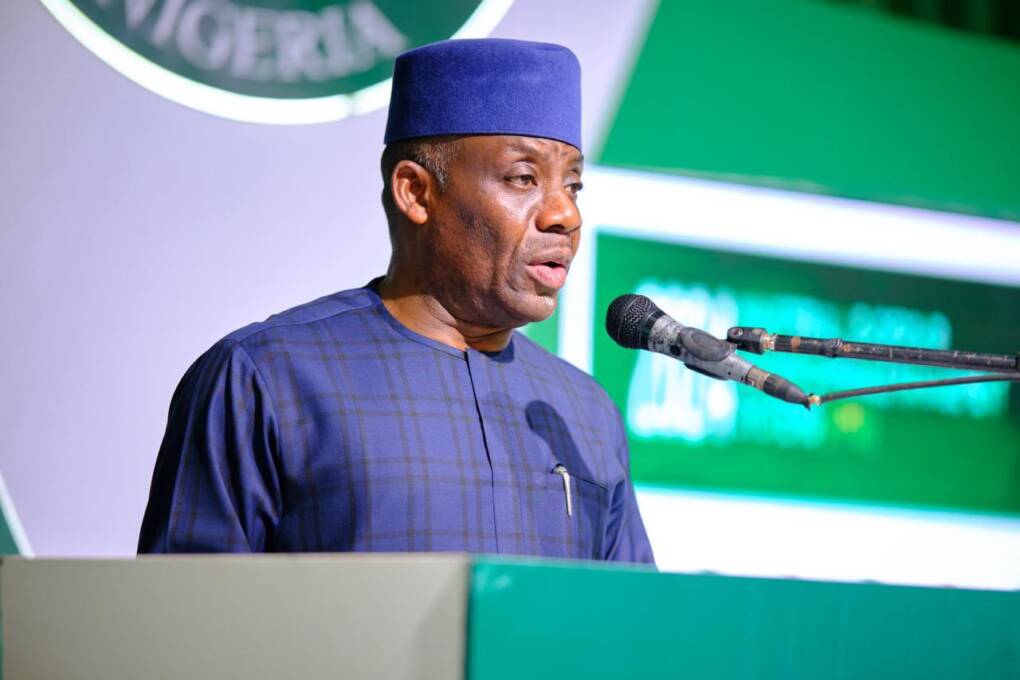The Federal Government has introduced a new policy that requires all teachers in Nigeria, whether in public or private schools, to undergo mandatory ethics screening and criminal record checks before they can be employed.
The Minister of Education, Dr Tunji Alausa, announced the policy on Monday in Abuja during the launch of the Teachers’ Registration Council of Nigeria (TRCN) digital platform and its updated roadmap for improving the teaching profession.
According to Alausa, this initiative is part of ongoing reforms to restore professionalism, accountability, and respect to the education sector.
“No teacher, whether in public or private institutions, will henceforth be employed without undergoing ethics screening and criminal background checks. Private school owners will also be required to verify the TRCN registration and ethical clearance of their teachers,” he said.
ALSO READ
The minister added that the verification system will be incorporated into the TRCN portal, which enables real-time registration, licensing, and monitoring of teachers.
The framework, he explained, will help schools, regulators, and other stakeholders confirm teachers’ credentials and compliance with ethical standards.
He emphasised that the goal is to prevent impersonation, document forgery, and the hiring of unqualified personnel, thereby protecting the integrity of classrooms.
Speaking at the event, TRCN Registrar Dr Ronke Soyombo noted that roughly 30 per cent of Nigerian children still struggle with basic literacy.
She explained that the digital portal was developed to help tackle these issues by enhancing teacher quality and introducing features such as AI-assisted lesson planning, criminal record verification, and teacher investigation panels across all states.
Also in attendance was Ian Attfield, Senior Education Adviser at the British High Commission, who pledged continued support from the UK.
He said the Commission worked closely with the TRCN on the new platform and believes it will encourage teachers and raise educational standards nationwide.
Attfield described Nigeria’s education sector as complex, with diverse categories of teachers, including those in faith-based and low-cost private schools.
He stressed the importance of a unified system that balances accountability with incentives to improve teaching quality.
He concluded by assuring that the UK would continue to back Nigeria’s efforts to build a stronger and more effective education system, acknowledging the scale of the reforms as “herculean but achievable.”
